
-
Find the right food for your pet
Take this quiz to see which food may be the best for your furry friend.
Find the right food for your pet
Take this quiz to see which food may be the best for your furry friend.
Featured products
Featured products
-
Dog
- Dog Tips & Articles
-
Health Category
- Weight
- Food & Environmental Sensitivities
- Urinary
- Digestive
- Joint
- Kidney
-
Life Stage
- Puppy Nutrition
- Adult Nutrition
- Senior Nutrition
Cat
- Cat Tips & Articles
-
Health Category
- Weight
- Skin & Food Sensitivities
- Urinary
- Digestive
- Kidney
-
Life Stage
- Kitten Nutrition
- Adult Nutrition
Featured articles
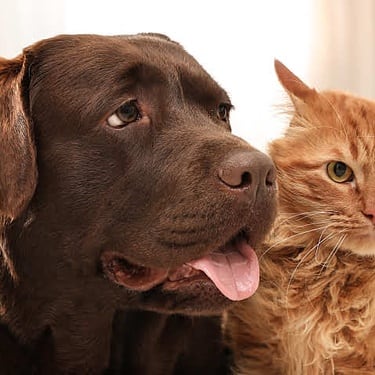 What Cleaning Products Are Safe for Pets?
What Cleaning Products Are Safe for Pets?Learn which cleaning product ingredients can be hazardous for dogs & cats, which alternatives are safer and tips for using cleaning products around pets.
Read More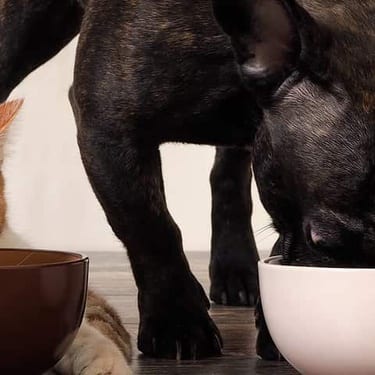 Pet Supply Storage: 8 Upcycling Crafts for Bags and Cans
Pet Supply Storage: 8 Upcycling Crafts for Bags and CansGet helpful hints and tips on how to creatively upcycle your pet's food bags and cans, helping to reduce waste and give your home some visual flair.
Read MoreTips for Working From Home With a PetGet helpful information on how to get all of your work done while keeping your dog or cat entertained when working from home.
Read More -
Find the right food for your pet
Find the right food for your pet


Being overweight puts a cat at risk for developing many serious health issues. Weight gain indicates an increase in body fat and usually results when your cat eats too much and exercises too little.
Other factors that may impact your cat's weight gain include:
- Age - older cats are less active, have less energy, and require fewer calories
- Neutering/Spaying - studies have shown that neutered cats have a lower basic metabolism and, consequently, require fewer calories
- Medical Problems - sometimes weight gain is associated with a medical disorder
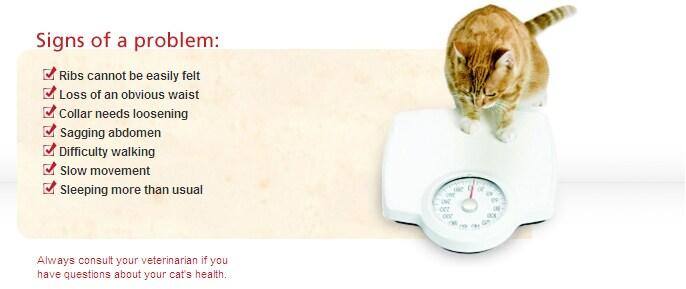 Every cat has an ideal weight for its size and breed. Ask your veterinarian for a recommendation or use this Interactive Weight Check tool to help determine your cat's ideal weight.
Every cat has an ideal weight for its size and breed. Ask your veterinarian for a recommendation or use this Interactive Weight Check tool to help determine your cat's ideal weight.
What can you do?
- Get with the program. If your cat is already overweight, a program like the


Tasty Tips
- Talk to your veterinarian. Take your cat for a thorough examination and health check. Ask your vet to recommend an ideal weight for your cat and tips for achieving that goal.
- Get active. Cats gain weight when they consume more calories than they burn. Increase your cat's physical activity.
- Curb treats and snacks. The calories in treats and snacks can really add up. See the impact of those "little extras" with the Hill's PetFit™ Treat Translator. Reward your cat with non-edible treats, like a belly rub or a few minutes of playtime.
- Feed a lighter formula. The most effective way of achieving a healthy weight is to combine increased exercise with a change in food. Consider switching to a high quality food made just for cats that are too heavy or are prone to weight gain.


One of our staff authors prepared this article for you
Related products
Related articles
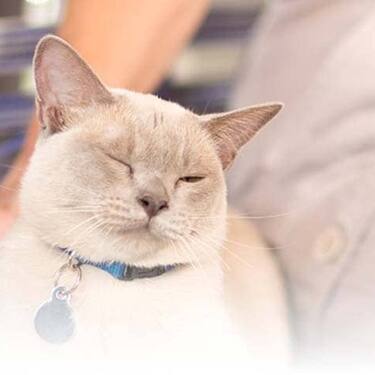
Learn about the causes and treatments for allergic dermatitis in cats. Help your cat to keep their coat healthy with expert advice from Hill's Pet.
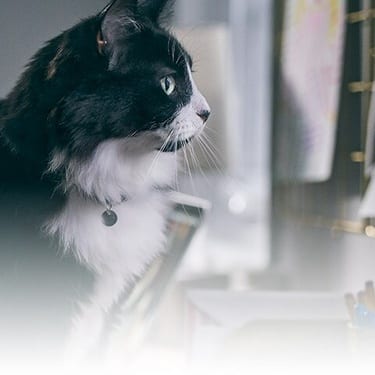
While hairballs are a common occurrence of cats, there are steps you can take to help them manage their problem and keep them healthy.
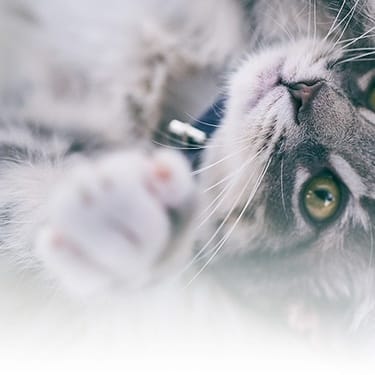
South African vets say more than half the patients they see are overweight. Learn more about managing your cat’s weight.
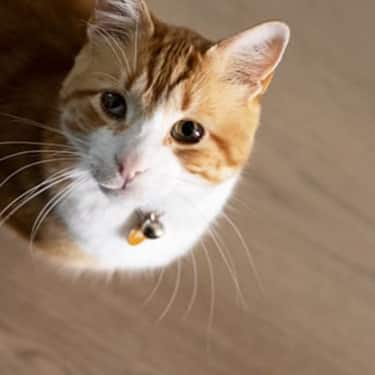
Learn how to spot the signs of a skin condition in your cat and the steps to take for their wellbeing. For comprehensive care advice, visit Hill's Pet.

Put your cat on a diet without them knowing
Our low calorie formula helps you control your cat's weight. It's packed with high-quality protein for building lean muscles, and made with purposeful ingredients for a flavorful, nutritious meal. Clinically proven antioxidants, Vitamin C+E, help promote a healthy immune system.
Put your cat on a diet without them knowing
Our low calorie formula helps you control your cat's weight. It's packed with high-quality protein for building lean muscles, and made with purposeful ingredients for a flavorful, nutritious meal. Clinically proven antioxidants, Vitamin C+E, help promote a healthy immune system.

